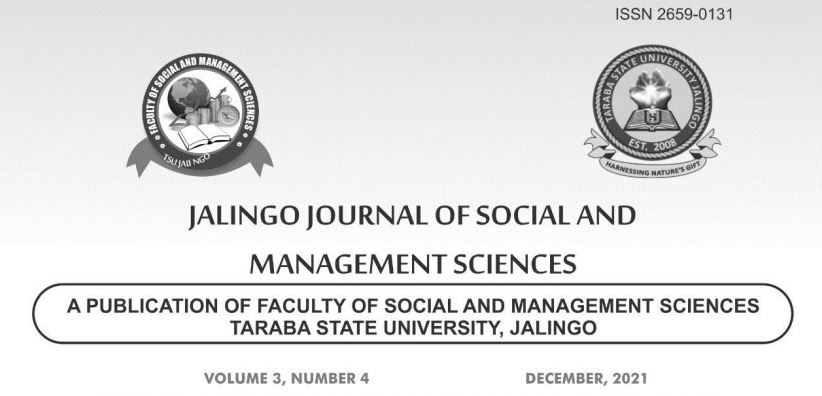Issues and Challenges of Election Postponement in Nigeria
Keywords:
Challenges, Commission, Election issues, Postponement, VotersAbstract
The study examines the circumstances that led to the postponement of election by Nigeria’s electoral body at different periods in the nation’s democratic history. The Independent National Electoral Commission (INEC) in 2011, 2015 and 2019 rescheduled general elections dates that perplexed Nigerian voters and political parties. The shift in the dates of the elections generated suspicion and anxiety in the country that resulted in differing interpretations on the negative or positive intention of INEC for postponing the elections to a later date. The study used secondary data such as books, journals, newspapers and magazines, and content analysis as its methodology. The Independent Model of Electoral Management as put forward by the International Institute for Democracy and Electoral Assistance (IDEA, 2014) was adopted as the framework that guides this paper. The model states that the autonomy of an electoral body provides it with leverage to take decisions outside the control of other organs of government, thereby ensuring a level playing ground for all political parties towards attaining the conduct of free and fair elections. The study found out that the postponement of elections in 2011, 2015 and 2019 were anchored on rational grounds, even though majority of Nigerians were shocked to hear the shift. In the end, all the polls shifted were certified credible by local and international observers. The study recommends that the federal government should always release funds on time to aid in advance preparations for elections by INEC. So also, INEC should prepare adequately to forestall future re-occurrence of election postponement in the country.

Downloads
Published
Issue
Section
License
Copyright (c) 2023 JALINGO JOURNAL OF SOCIAL AND MANAGEMENT SCIENCES

This work is licensed under a Creative Commons Attribution-NonCommercial 4.0 International License.
